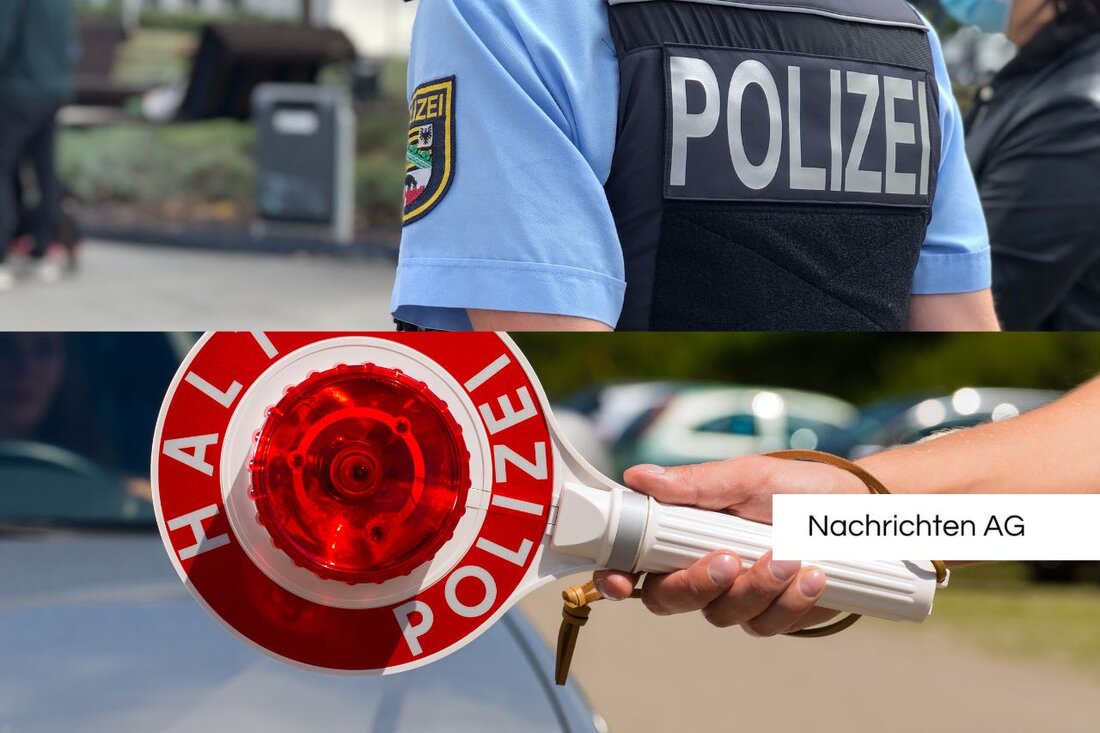Border controls and Kickls fight: Europe's identity on the brink!
At a conference in Hungary, Herbert Kickl emphasizes the importance of the migration issue for Europe's future and criticizes the EU.

Border controls and Kickls fight: Europe's identity on the brink!
On May 30, 2025, the migration debate in Europe took a central role during an international conference in Hungary, where Herbert Kickl, the leader of the FPÖ, appeared as a prominent speaker. Loud Cosmo Kickl described the migration issue as crucial for the future of Europe and advocated joint action against the influence of the European Union. This speech took place in a politically charged environment, which was also marked by the explicit support of Hungarian Prime Minister Viktor Orban.
Kickl characterized the conference as a “political fight club” in which issues such as homeland, freedom, truth and tradition had to be defended against the globalists. This rhetoric reflects a broad current in European politics that opposes pro-migrant policies and advocates for more restrictive immigration policies.
Current developments in Germany and Austria
On the following day of the conference, Germany is planning loudly Telepolis Increased border controls, which also affect the border with Austria. This decision has caused some political discontent. For example, former EU MP Reinhold Messner is critical of Kickl, whom he describes as “fanatical,” and distances himself from his election advertising. Despite harsh criticism, Kickl is seen as the preferred candidate of many Austrians.
Austria's Federal President Van der Bellen is surprised by the "improvised" German measures and calls for stronger European cooperation. Interior Minister Karner from the ÖVP sees Germany's measures as confirmation of his own position, but emphasizes that no refugees from Germany will be taken over. This is happening in a context in which the FPÖ is courting political support with the promise of a “Fortress Austria”.
Asylum numbers and European reality
The debates surrounding migration are taking place against the background of increasing asylum applications. In 2022, there were almost a million asylum applications in the EU, an increase of 52.1 percent compared to the previous year, according to a report by the European Parliament emerges. Germany in particular recorded a significant proportion of first-time applicants. While other countries such as Hungary and Slovakia registered very few applications, the majority of asylum applications came from Syrians, Afghans, Venezuelans and Turks.
Despite the increase in numbers, the feeling of an ongoing threat from migration remains, reinforced by the rhetoric of politicians like Kickl. It turns out that even if the statistics show a decline in crisis dynamics, the political climate in Europe remains uncertain. Asylum numbers in Austria rose significantly, but the FPÖ propagates the feeling of security through closed borders and is thus gaining support.
Current political developments and the challenges related to migration raise the question of how Europe can deal with the increasing number of asylum seekers and the associated fears. It remains to be seen whether a common European approach is possible or whether countries will continue to put their national interests ahead of common solutions.

 Suche
Suche
